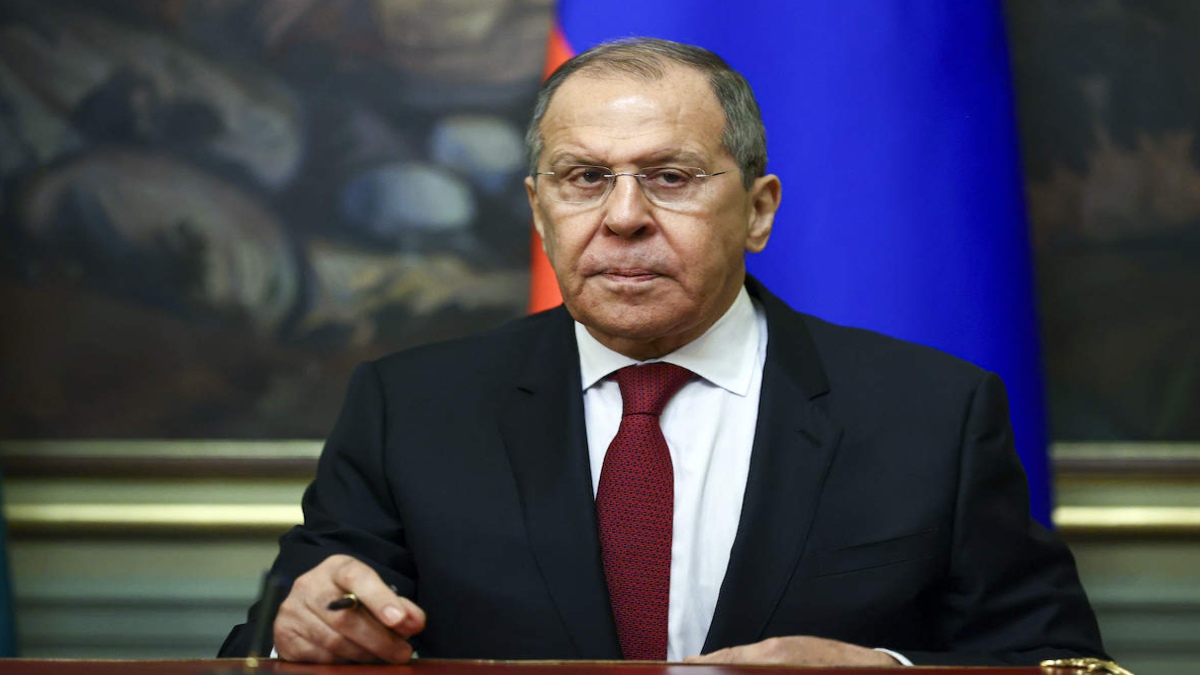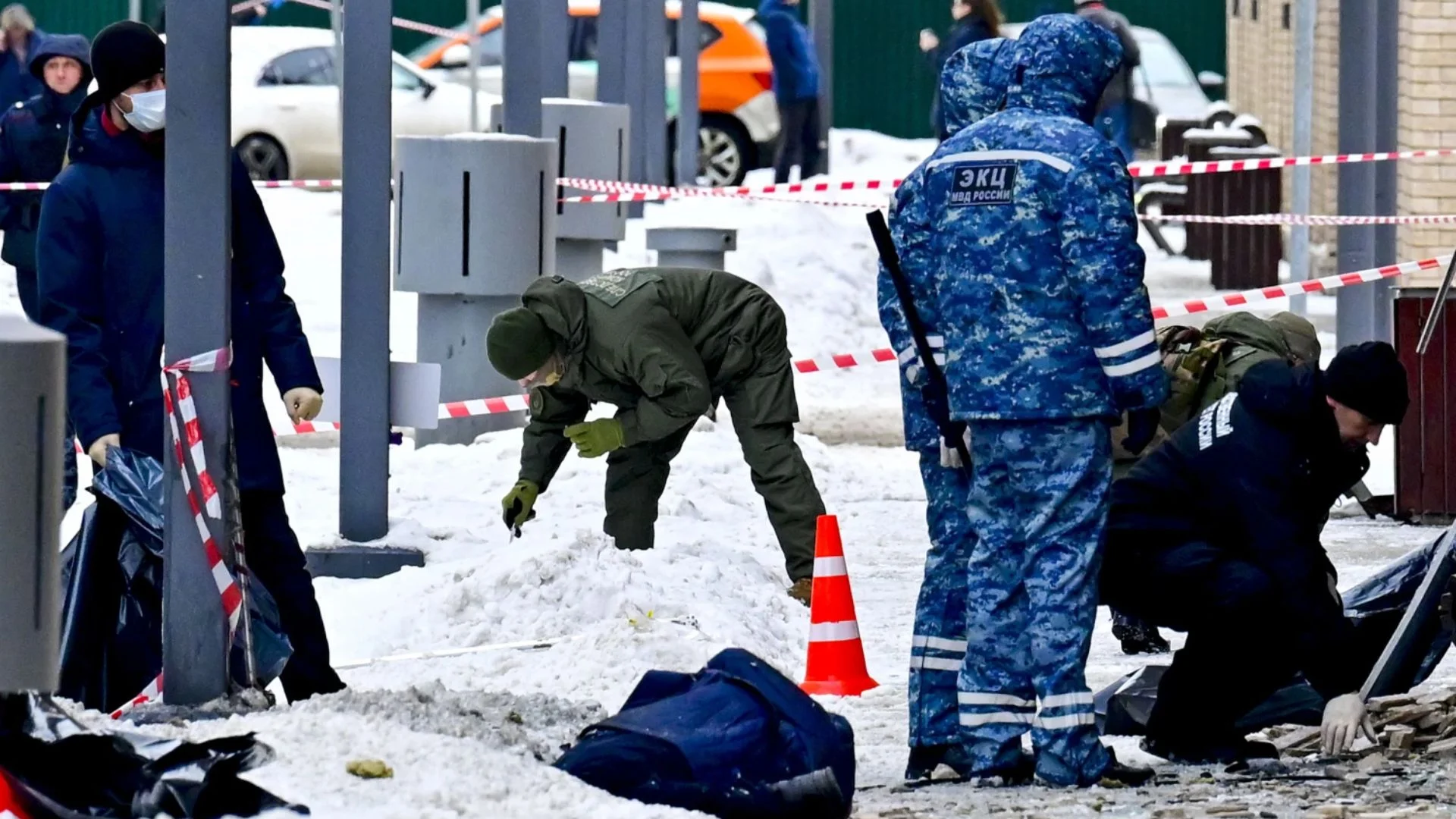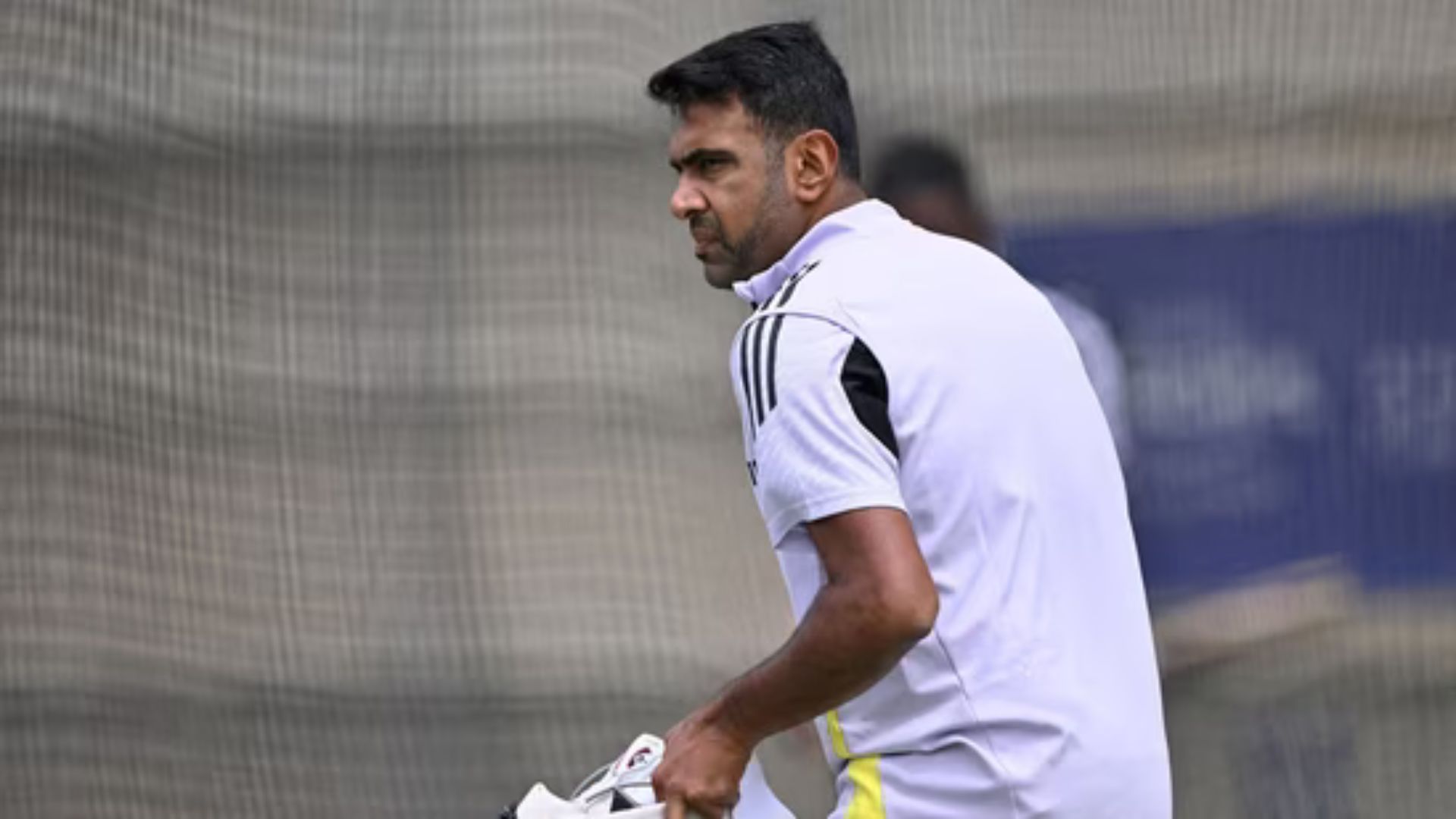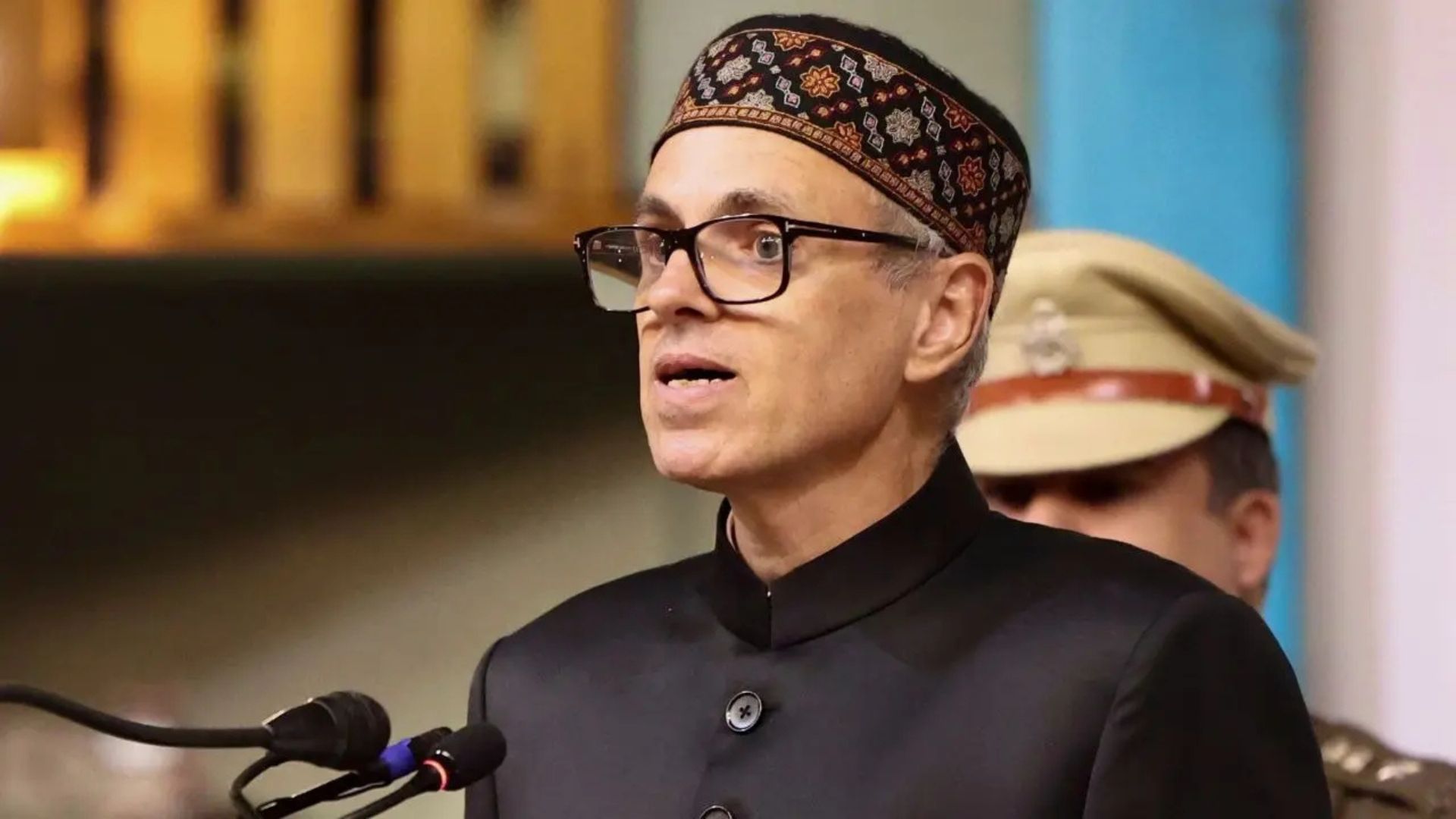
In what is being interpreted as an attempt to undermine India-US relations, Russian Foreign Minister Sergey Lavrov on Monday criticised the United States while on Indian soil by saying that the US undermined the India-Russia deal on S-400 defence system. He said that the US tried to make India “obey its orders”, but New Delhi told them it’s a decision of a sovereign country to bolster its defence system.
The Russian Foreign Minister also said that the S-400 deal has very important practical meaning for an Indian defence capability and the deal has been implemented. Washington had indicated that the Russian S-400 systems may trigger CAATSA sanctions. The CAATSA is a United States federal law that imposed sanctions on Iran, North Korea, and Russia. Countering America’s Adversaries Through Sanctions Act CAATSA authorises the US administration to impose sanctions on countries that purchase major defence hardware from Russia in response to Russia’s annexation of Crimea in 2014 and its alleged meddling in the 2016 US presidential elections.
“S-400 deal doesn’t have only a symbolic meaning. It has a very important practical meaning for an Indian defence capability and the situation is basically underway. The deal has been implemented. We witnessed at times on part of the United States to undermine this cooperation and to make India obey US orders to follow American vision to how this region should develop, and our Indian friends clearly and firmly explained that they are a sovereign country and they will decide whose weapons to buy and who is going to be a partner of India in this and other areas,” Lavrov said.
Lavrov also underscored that this defence cooperation is in the interest of both countries. “It is confirmed and it is mentioned today that Russia-India relations have been characterised and remained specially precipices strategic partnership, and certainly the meeting of the military, technical and defence cooperation which took place this morning and my bilateral meeting with India Foreign Minister Jaishankar is a manifestation that this cooperation is in the interest of both countries,” he said.
Sources in the Indian defence industry said the parts of the air defence system have started reaching India and they would be first deployed at a location close to the Western border from where it can tackle threats from both parts of the Western and Northern borders with Pakistan and China.
The S-400 air defence system was contracted for by India in a deal worth around Rs 35,000 crore and five squadrons would be provided to India for tackling air threats from up to 400 km.
Sources said the equipment is being brought to India through both sea and air routes. Sources said after the first squadron is deployed, the Air Force would start focusing on the Eastern borders along with providing resources for training of personnel within the country.
Alexander Mikheev, the director-general of Russian state arms exporter Rosoboronexport, had said that the first regiment of Russia’s anti-aircraft missile system air defence (PRO) S-400 will be delivered to India by the end of 2021. “All the property of the first regimental set of S-400s will be delivered to India at the end of 2021,” Mikheev was quoted as saying by Russian news agency Sputnik. He added that the deliveries started ahead of schedule.
The United States has not made a determination on a potential waiver of sanctions against India for its purchase of the S-400 missile defence system from Russia, a state department spokesperson had said, noting that the Countering America’s Adversaries Through Sanctions Act (CAATSA) does not have a blanket or country-specific waiver provision. The Joe Biden administration also urged “all of our allies, partners” to forgo transactions with Russia that risk triggering sanctions under the CAATSA, the spokesperson said in response to reports that Russia has started delivering the S-400 to India. India had signed a USD 5.43-billion deal with Russia for the purchase of five S-400 surface to air missile systems during the 19th India-Russia Annual Bilateral Summit in New Delhi in October 2019, for long-term security needs.















